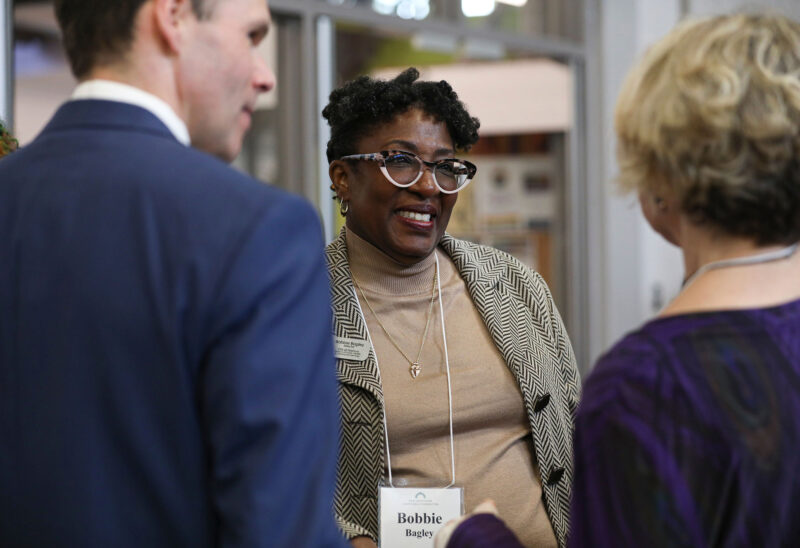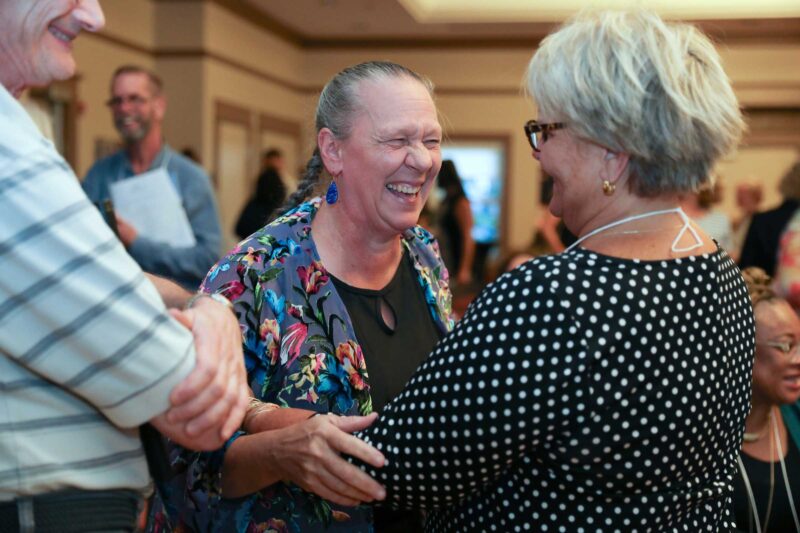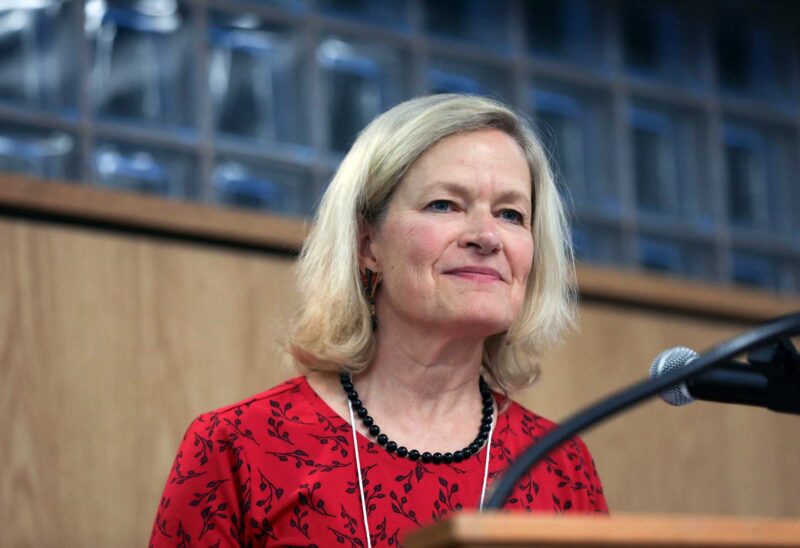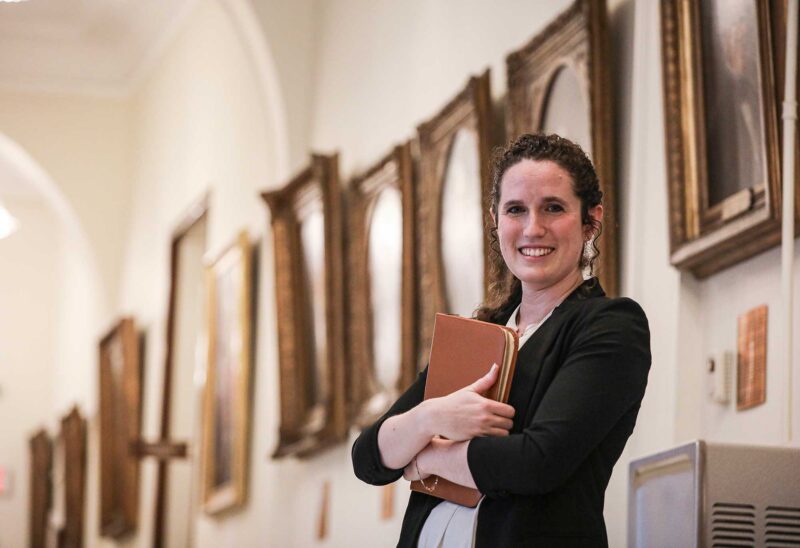What do these names have in common: Rockefeller, Pew, Gates, Carnegie, Ford?
If you guessed that they were all successful businesspeople who made profound positive change in the United States through philanthropy, you guessed right.
And these: Spaulding, Putnam, Hubbard, Lavalliere, Hitchcock, Brodsky, Couch?
Perhaps their names are not well-known on a national scale, but they are all successful businesspeople who have made (and are making) profound positive change in New Hampshire through philanthropy — building hospitals, supporting the arts, helping people get education and training, combating addiction, mentoring kids, protecting our environment.
“So much significant philanthropy starts with an entrepreneur and a successful business,” said Richard Ober, president and CEO of the New Hampshire Charitable Foundation.
Ober was speaking as part of a Charitable Foundation-sponsored event, “Do Good and Do Well: Why philanthropic planning should be part of business planning.”
Participants heard from a panel of experts, including Jad Dieterle of UBS Financial Services, Michelline Dufort of the Center for Family Enterprise at the Paul College of Business and Economics at the University of New Hampshire; J.M. Girald of Peloton Advisory, LLC; Richard Peck of the Charitable Foundation; and Don Welch, retired president of Globe Manufacturing Company in Pittsfield.
The panel was moderated by John Weeks, managing director for Family Wealth & Business Transition Planning at Harvest Capital Management and a member of the Foundation’s board of directors.
Much of the discussion was focused on business succession planning — at a time when many business transitions are taking place, or are on the near horizon.
Girald said that the state of the mergers and acquisitions market has “never been better.” With stock values high, interest rates low and abundant available investment capital, current conditions amount to a strong seller’s market.
And, as the Baby Boom generation retires, many family businesses are facing imminent transitions, Dufort said. “Two-thirds of family businesses are going to have to take this on in the next ten years.”
Critical to making any such transition a success, panelists agreed, are: planning, having the right team around the table, and good communication.
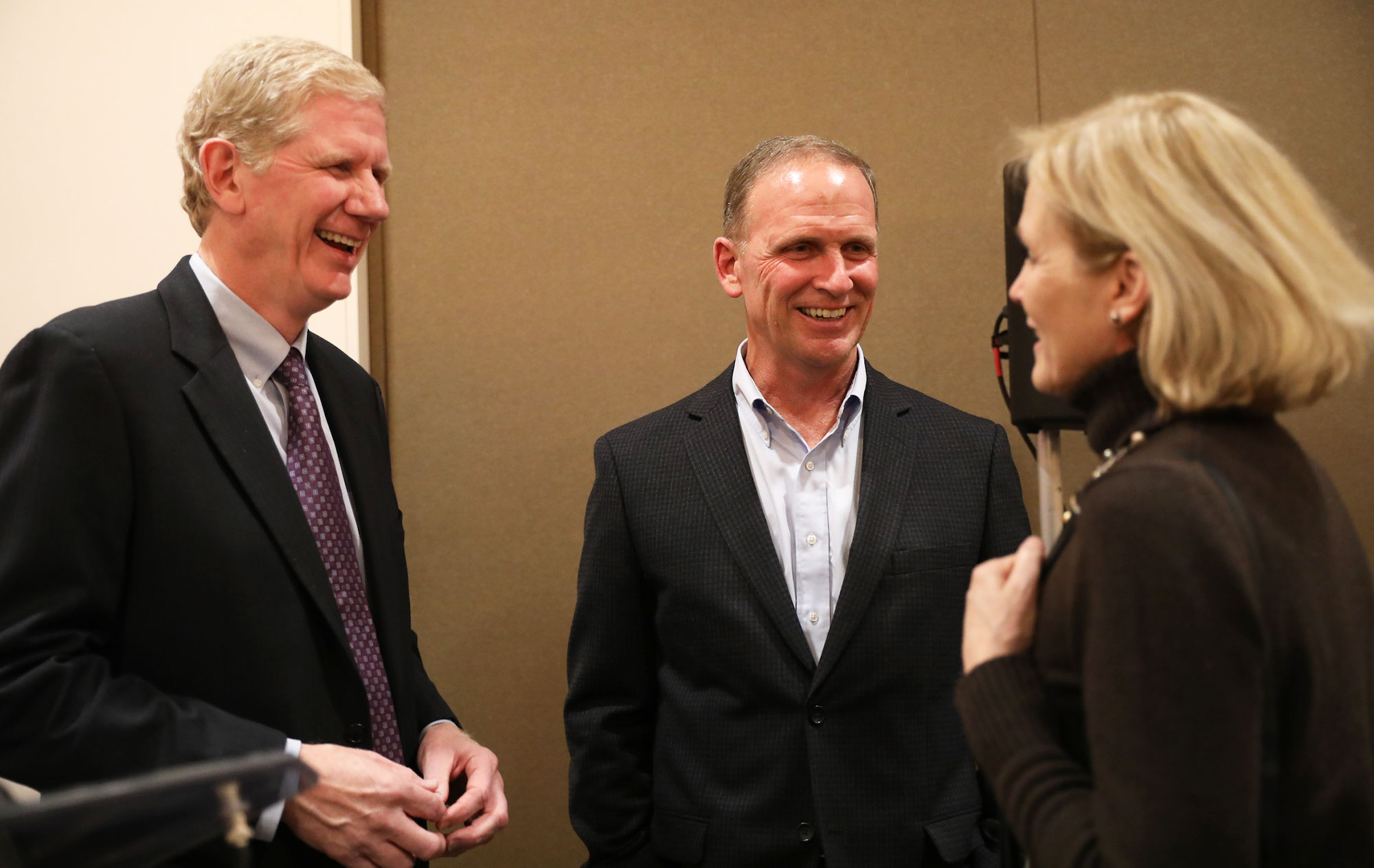
Photo: Charitable Foundation President and CEO Richard Ober (left) and board member and panel moderator John Weeks (center) chat with Claudia Shilo of Ballentine Partners, LLC.
“Most business owners are charitably minded,” Dieterle said, “so having someone like Rick [the Foundation’s vice president for philanthropy services] to consult is important.” Critical to the team, he said, are a CPA, attorney, banker, and financial planner. And, since “more business sales are derailed by family dynamics than anything else,” he added, having someone who specializes in family dynamics should also be on the team.
While planning is critical, Dieterle said, sometimes the greatest struggle can be getting a busy business-owner to slow down long enough to answer the big questions that will help build that plan: How much do you need to live on? What do you want to do when you retire? What does the transition mean to your kids? What is your legacy? What can you do for your community?
Business owners pour themselves into making their businesses a success — that business not only brings reward and purpose, but it becomes their identity. When moving toward a sale or merger, Dufort said, she encourages business owners to think about what will bring similar meaning and reward after they sell or transition the business — to what she calls their “Act Two.”
For many, philanthropy is what brings meaning and reward to that second act.
Peck said that is true for many people and families who work with the Foundation. One family, who ran a successful manufacturing business, is now finding great joy and purpose in their family philanthropy and the difference it is making in their community. They have involved their children – who helped make the business a success — in their giving, and their donor-advised fund has given them a concrete way to pass on their philanthropic values to their children and grandchildren.
But that kind of philanthropy does not just happen — it is crafted from a philanthropic vision to the on-the-ground reality of making a lasting difference in communities.
Weeks said most business owners go through an arc, or evolution, of philanthropy as their businesses grow.
Welch talked about his own company’s philanthropy. Globe had a long history of generous support for efforts in their community and beyond, but he said the philanthropy had, at times, been “somewhat haphazard.” Recognizing that, company owners set some criteria about what they wanted to fund, and in addition, focused some of giving by creating a fund at the Charitable Foundation to support music and art in the Pittsfield schools.
Then, before Welch and his partners sold the company, they set up a $1 million donor-advised fund at the Foundation. The Globe Community Fund will support causes in Pittsfield and surrounding communities in perpetuity. A five-employee team reviews funding requests and makes recommendations for grants, the Foundation does due diligence on the recommended organizations and makes grants directly to those groups.
And, Welch said, since it was important to him and his partners that the charitable assets continue to be managed by the investment advisor they selected, they used the Foundation’s advisor-managed investment option (formerly called individually managed fund) when they set up the fund.
In some cases, philanthropy is even woven into sales agreements. Girald talked about a recent transaction in which a buyer agreed to set up a fund for the education of employees’ children as a condition of the sale.
For any business owner moving toward a transition, Weeks said, it is never too early to “begin discussion with your advisory team about your exit strategy. Take a hard look at that team, and see what might be missing,” he said, “and think about how philanthropy fits into the plan.”
The New Hampshire Charitable Foundation helps generous individuals, families and businesses maximize the power of their giving, connects donors with high-impact nonprofits and programs, and leads and invests on important initiatives for the state. To learn more, contact Melinda Mosier, vice president of donor engagement and philanthropy services, at 1-800-464-6641 ext. 266 or Zryvaqn.Zbfvre@aups.bet.

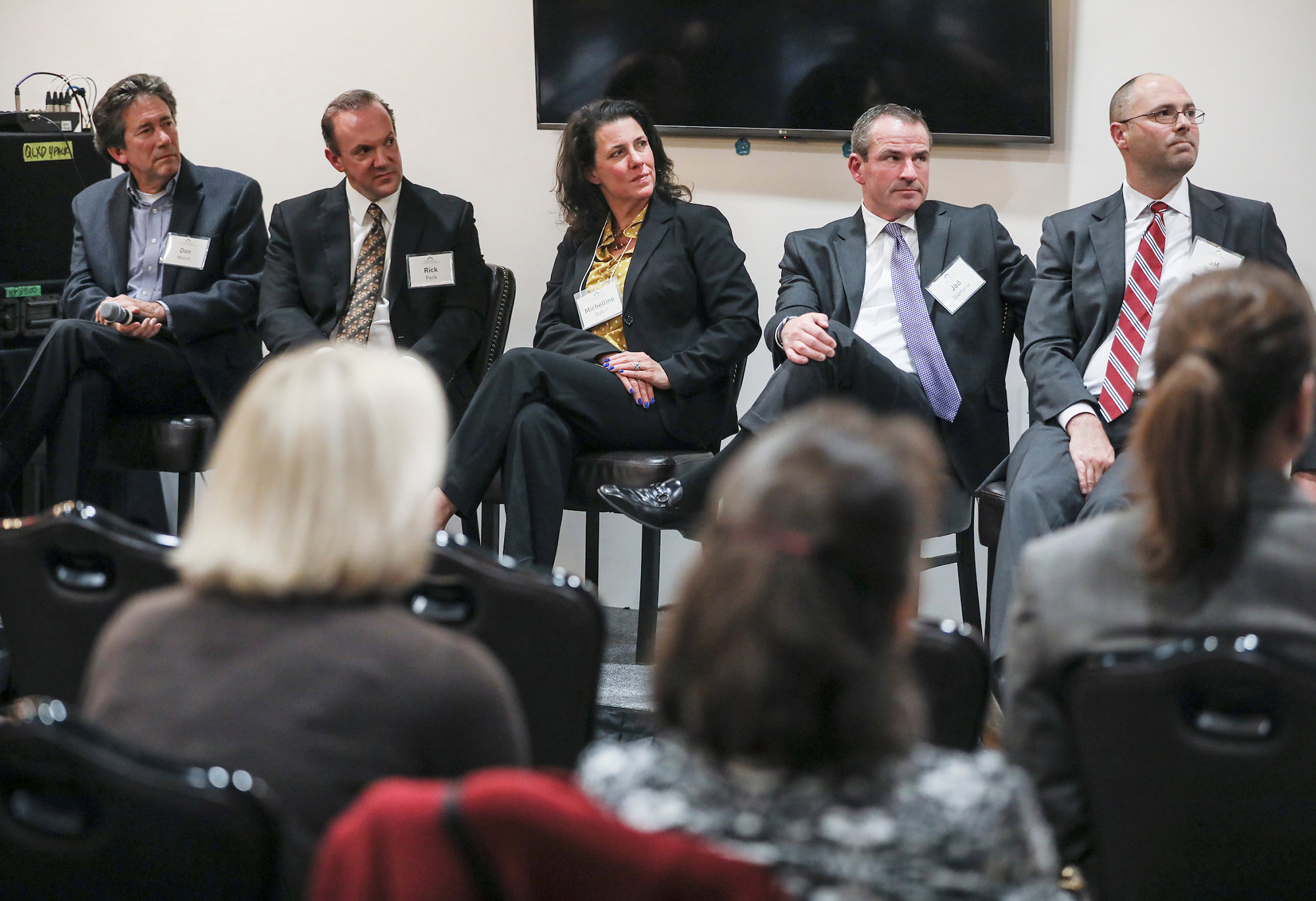






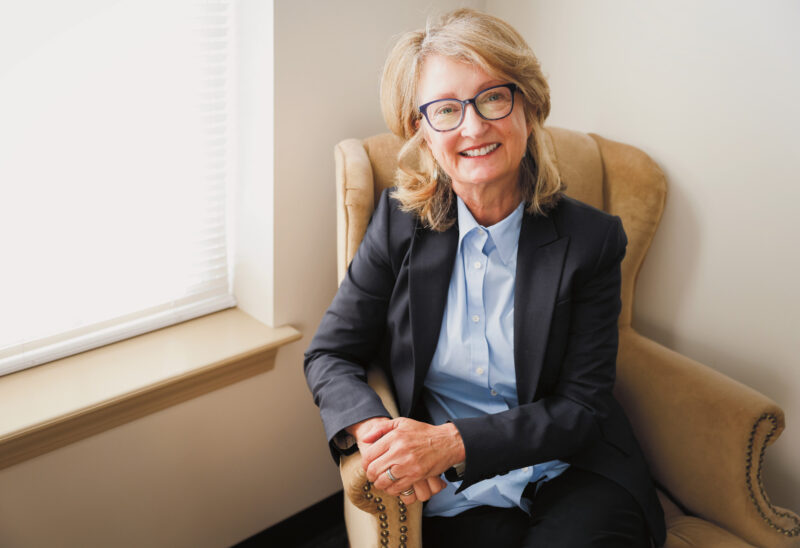
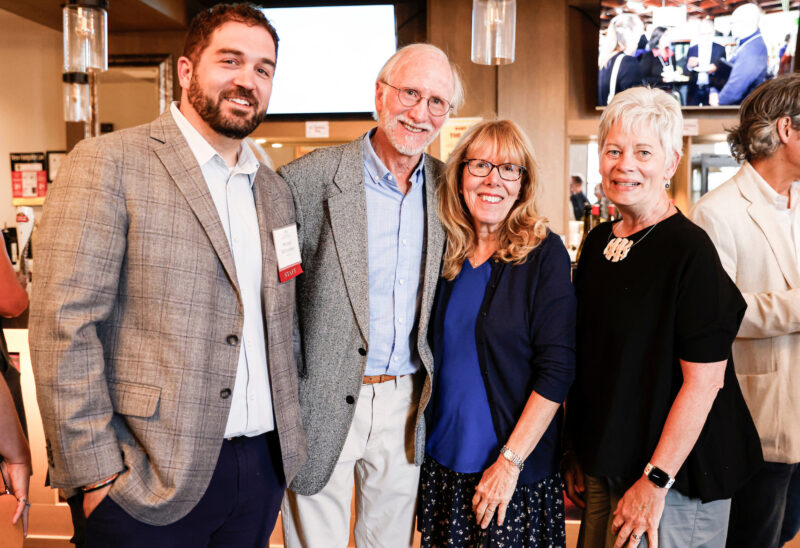
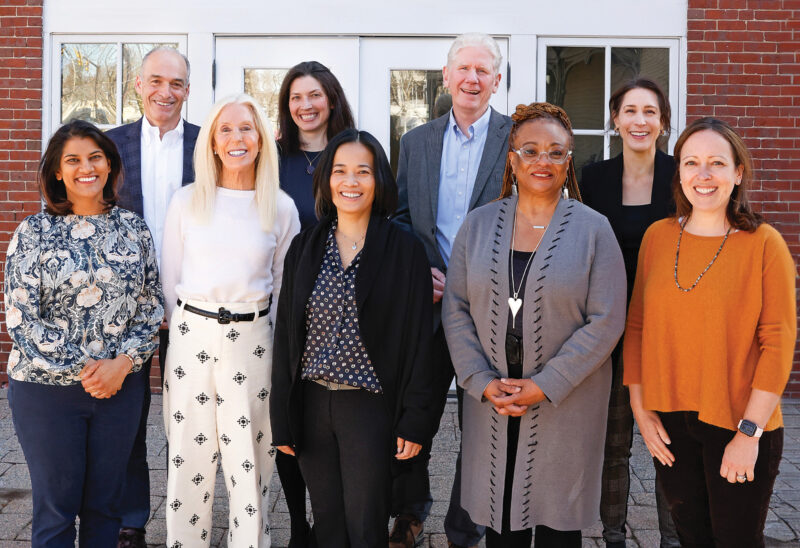
![Indrika Arnold, Senior Wealth Advisor, the Colony Group [Photo by Cheryl Senter]](https://www.nhcf.org/wp-content/uploads/2024/05/Indrika-Arnold-Hero-800x534.jpg)


